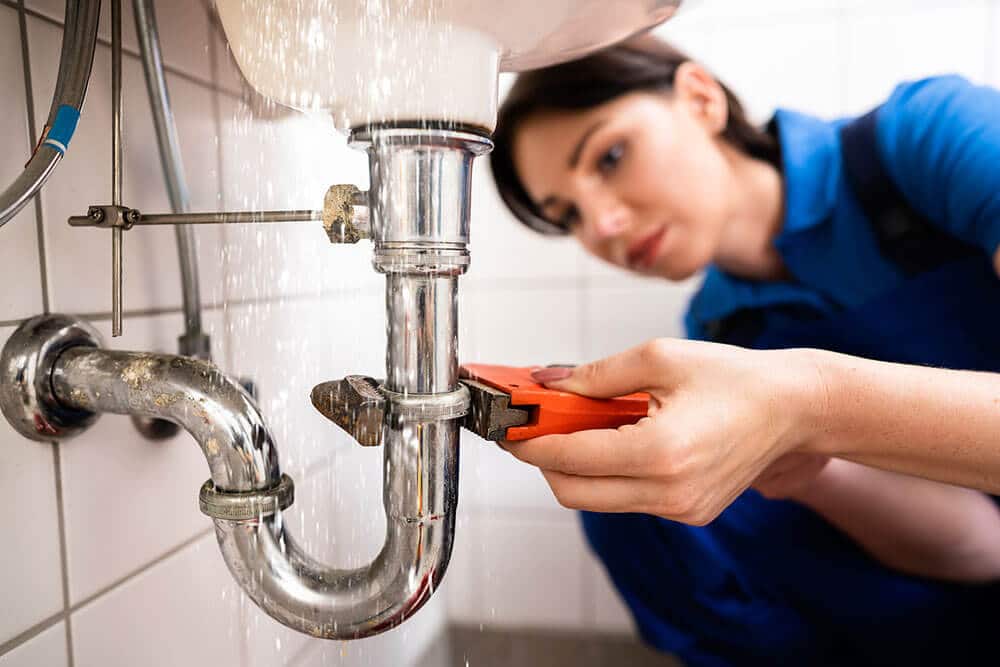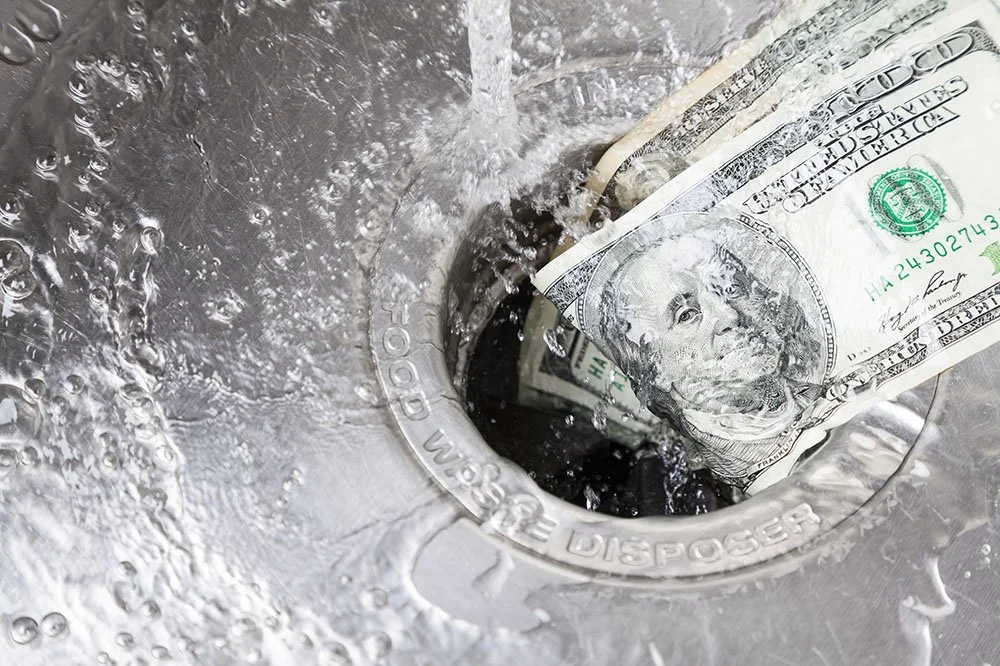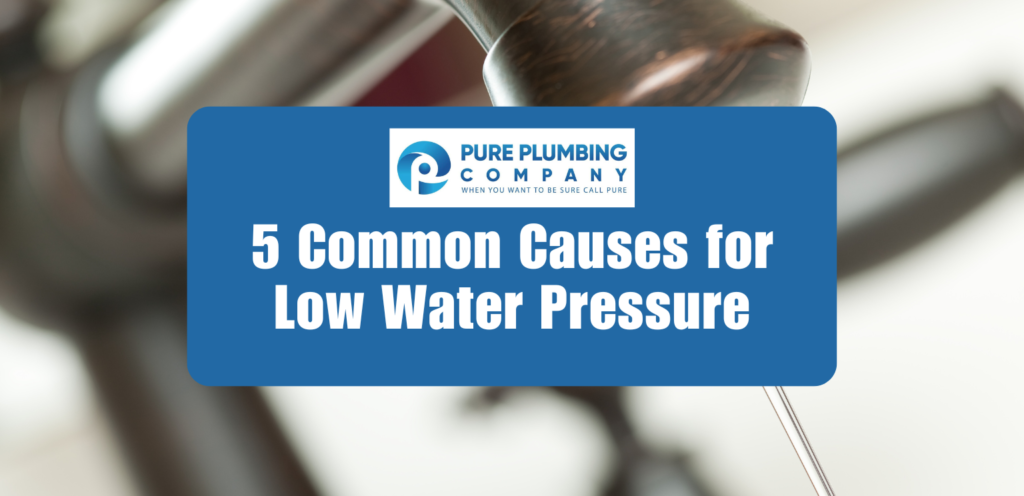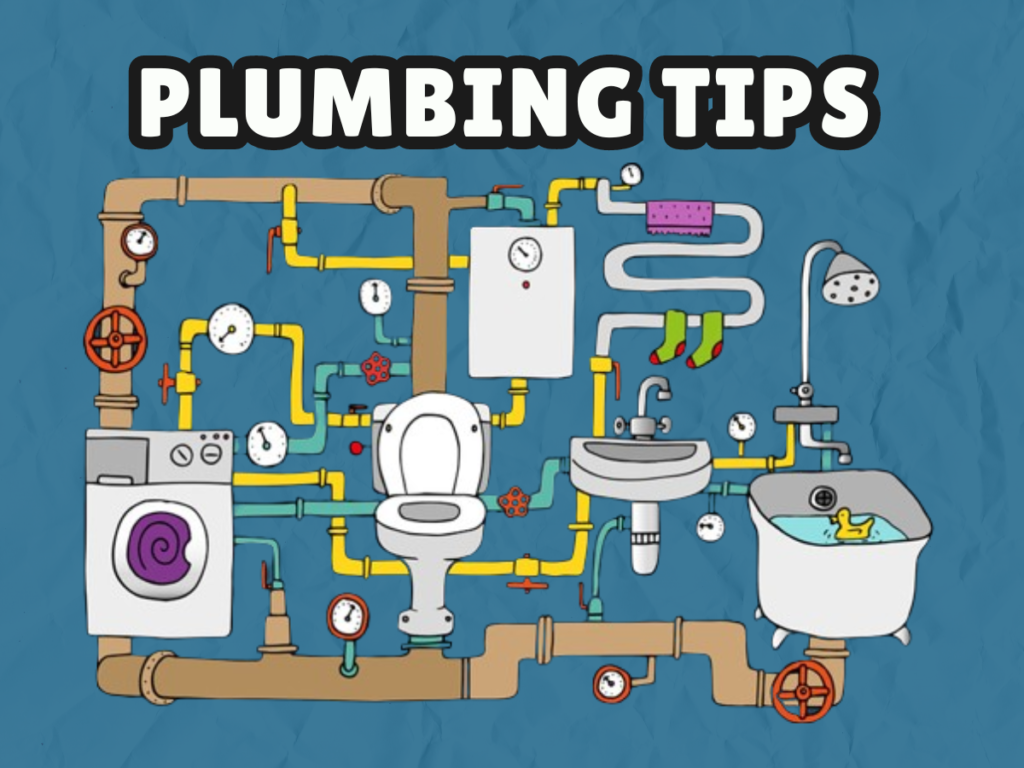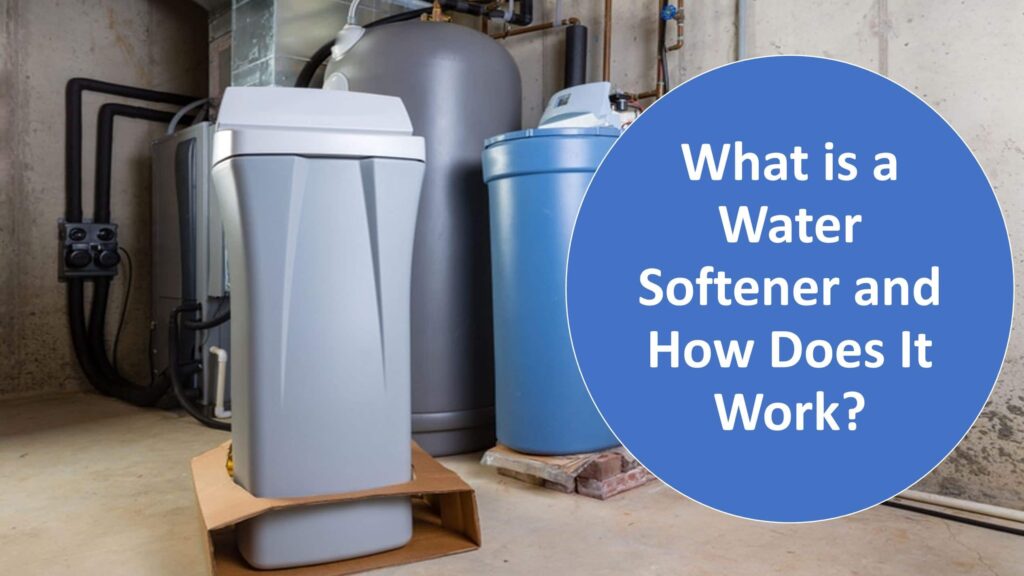How Heat Pump Water Heaters Can Save You Money in California
In the era of rising energy costs and heightened environmental consciousness, Californians are continually seeking ways to save both money and the planet. One often-overlooked solution that checks both boxes is the adoption of heat pump water heaters. These innovative systems are revolutionizing the way we heat water, offering substantial energy savings and environmental benefits. In this comprehensive guide, we will explore how heat pump water heaters work, the financial advantages they bring to Californians, maintenance tips for optimal performance, address common questions surrounding their usage, and provide a deeper understanding of the different types of water heaters available.
Understanding Heat Pump Water Heater Technology
1. Heat Absorption: The heat pump unit draws in warm air from the environment, even in cooler temperatures. This means that, even during California's mild winters, heat can be extracted from the air for water heating.
2. Heat Transfer: Within the heat pump system, a refrigerant is employed to facilitate the heat transfer process. This refrigerant has the unique property of being able to absorb heat efficiently.
3. Compressor Action: Once the refrigerant absorbs heat, it transforms into a gas. The system's compressor then plays a crucial role by compressing this gas. This compression significantly raises the temperature of the gas, making it even more suitable for heating water.
4. Heat Exchange: The heated gas is directed through a coil within the water tank. This coil is responsible for transferring the captured heat to the surrounding water. As the gas releases its heat, it gradually transforms back into a liquid state.
5. Cooling Process: After releasing its heat to the water, the refrigerant returns to a liquid state and is primed to absorb more heat from the surrounding air. Meanwhile, the now heated water is stored and ready for use.
Energy Savings with Heat Pump Hot Water Systems
One of the primary reasons Californians are turning to heat pump water heaters is the significant energy savings they offer. These systems are remarkably efficient, often using up to 60% less electricity than traditional electric water heaters. The energy efficiency stems from their ability to harness ambient air temperature, even when it’s cooler, and convert it into hot water.
Cost Savings Breakdown
The financial benefits of adopting a heat pump water heater in California are indeed substantial. These innovative systems not only offer cost savings but also align with the state’s commitment to energy efficiency and sustainability. Here’s a comprehensive breakdown of how heat pump water heaters contribute to savings and financial advantages:
1. Lower Energy Bills: The primary financial benefit of a heat pump water heater is the substantial reduction in energy bills. As previously mentioned, these systems are remarkably efficient, often using up to 60% less electricity than traditional electric water heaters. This leads to immediate and noticeable reductions in your monthly energy expenses, providing significant savings over time. This translates into lower heat pump hot water system costs, a key consideration for California residents looking to reduce their monthly utility expenses.
2. Utility Rebates: In line with California's strong emphasis on energy conservation, many utility companies offer rebates and incentives to encourage homeowners to adopt energy-efficient appliances, including heat pump water heaters. These rebates can help offset the initial purchase cost, making the transition to a heat pump system even more financially attractive. These rebates and incentives play a crucial role in incentivizing California residents to make the switch to heat pump water heaters.
3. Extended Lifespan: Heat pump water heaters are known for their durability and longevity. They often have longer lifespans compared to traditional water heaters, which means fewer replacements and maintenance costs over the years. This longevity not only reduces the burden on your budget but also minimizes the inconvenience of having to replace your water heater frequently. The extended lifespan of these systems translates into long-term cost savings for California homeowners.
4. Reduced Carbon Footprint: Beyond the direct financial benefits, heat pump water heaters contribute to a reduced carbon footprint. By using significantly less electricity to heat water, these systems align with California's environmental goals and regulations. This eco-friendly aspect may also open doors to additional incentives or tax credits for environmentally responsible homeowners. Choosing a heat pump hot water system can have a positive impact on both your wallet and the environment.
Heat Pump Water Heater Maintenance Tips
To ensure your heat pump water heater continues to operate efficiently and provide maximum savings, here are some maintenance tips to follow:
1. Regular Inspections: Periodically inspect your system for signs of wear or damage, and promptly address any issues.
2. Cleaning: Keep the air intake and exhaust areas clean from debris or obstructions to maintain optimal airflow.
3. Temperature Settings: Adjust the temperature settings to match your usage patterns. Lowering the temperature during periods of lower demand can result in additional energy savings.
4. Professional Servicing: Schedule professional servicing annually to check refrigerant levels, electrical connections, and overall system performance.
5. Efficient Location: Install the heat pump water heater in a location with consistent air temperature to enhance its efficiency.
6. Noise Reduction: If noise levels are a concern, consider placing the unit on a noise-absorbing base or enclosure.
Types of Water Heaters
It’s worth noting that there are various types of water heaters available in the market. While heat pump water heaters are energy-efficient and offer significant savings, other options include tankless water heaters and traditional storage tank water heaters. Each has its advantages and drawbacks, making it essential to choose the one that best suits your needs and budget.
FAQs:
How much can I save on energy bills with a heat pump water heater?
The amount you can save on energy bills with a heat pump water heater depends on various factors, including your local electricity rates, usage patterns, and the efficiency of your previous water heater. On average, users report substantial savings ranging from 30% to 60% on their water heating bills when they switch to heat pump water heaters. These significant energy savings align with California’s push for more energy-efficient solutions and can positively impact both your monthly budget and the environment.
Are heat pump water heaters noisy?
Heat pump water heaters are generally recognized for their quiet operation, especially when compared to traditional electric or gas water heaters. However, it’s important to note that they do emit a low-level humming sound during operation. This sound primarily originates from the operation of the compressor and fans within the heat pump unit.
To mitigate any potential noise concerns, proper installation and placement are crucial. Installing the unit on a vibration-absorbing base or within an enclosure can help dampen the sound. Additionally, locating the heat pump water heater in a well-ventilated area away from living spaces can further reduce any noise disruption, ensuring a quieter environment in your home.
Do heat pump water heaters work in colder climates?
Yes, heat pump water heaters are designed to function efficiently in colder climates, including California’s milder winter regions. Modern heat pump water heaters are equipped with advanced technology that enables them to extract heat from the surrounding air, even when temperatures drop as low as 40°F (4.4°C).
While the efficiency of heat pump water heaters may experience a slight reduction in extremely cold conditions, they remain capable of providing hot water effectively throughout the year. Some models even incorporate a backup electric resistance heating element to ensure consistent hot water availability during exceptionally cold periods.
Conclusion
Heat pump water heaters are a smart investment for Californians looking to save money on energy bills while reducing their environmental impact. Their innovative technology harnesses heat from the surrounding air, making them significantly more energy-efficient than traditional water heaters. With lower energy bills, potential utility rebates, and extended lifespans, they offer a compelling financial case.
By following maintenance tips and selecting the right type of water heater for your needs, you can maximize the savings and benefits of heat pump water heaters. Whether you’re replacing an old water heater or upgrading for the first time, consider the long-term advantages of these efficient systems. In doing so, you’ll not only save money but also contribute to a more sustainable and environmentally friendly future in California.
Recent Post


